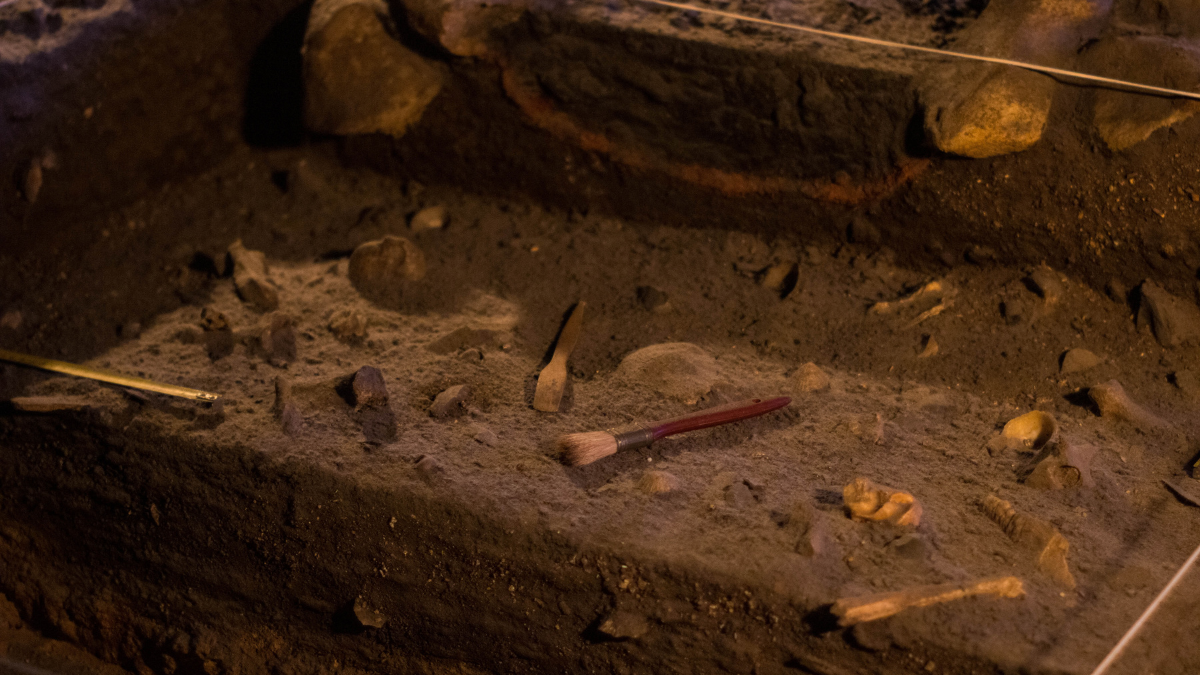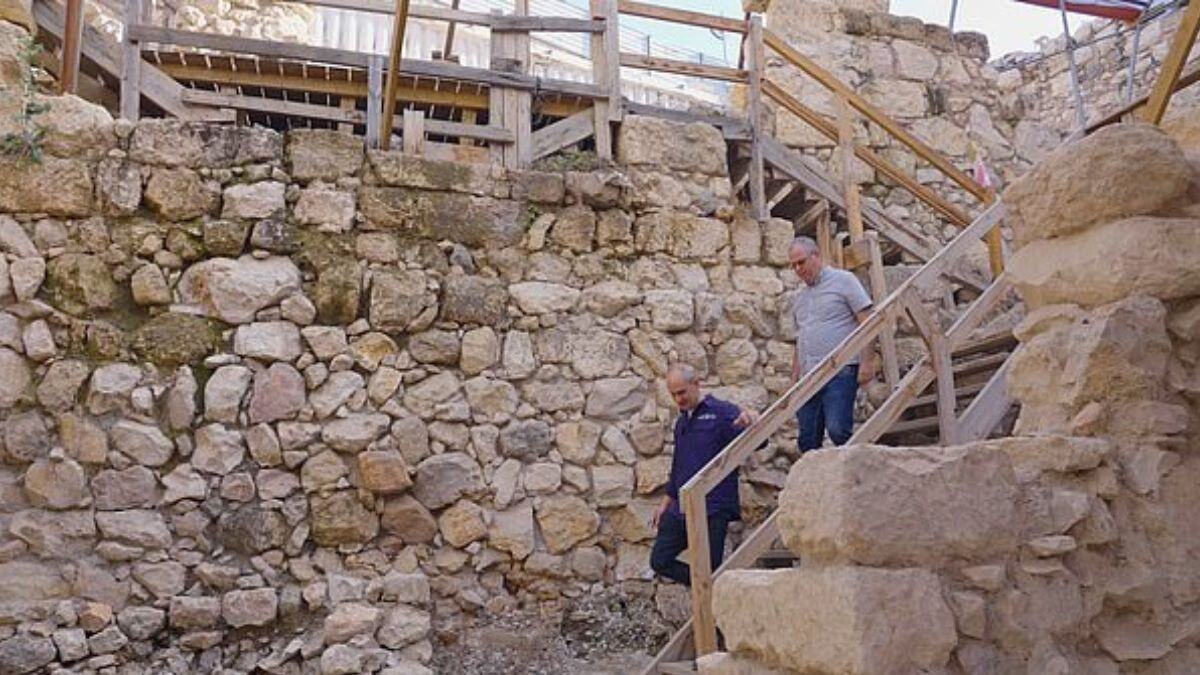The Bible’s Accuracy Vindicated… Again
Author: John Stonestreet “It is the glory of God to conceal a matter,” writes the author of Proverbs, “but the glory of kings is to search things...

Author: John Stonestreet
New evidence, reports Nathan Steinmeyer of the Biblical Archaeology Society, is confirming the biblical description of the kingdom of Judah as it existed in King David’s time. This is significant, according to Steinmeyer, because “[d]espite King David’s prominence in the Hebrew Bible, little archaeological evidence has been directly linked to the early years of the Kingdom of Judah.” Because of this apparent discrepancy between the archeological record and the biblical description of the region during the 10th-century B.C., “some scholars have argued that Judah only became a developed polity in the ninth or even eighth century B.C.E.”
Recently, however, an article published in the Jerusalem Journal of Archaeology by renowned Hebrew University archeologist Yosef Garfinkel, whose team has been digging four major sites in the Judean foothills since 2007, makes claims that “completely transforms the state of research.” Newly exposed settlement layers reveal a number of population centers with writing, housing, and casemate [or double] city walls, which form the kind of fortified cities described in 1 and 2 Samuel. These cities, at Khirbet Qeiyafa, Khirbet el-Ra‘i, Socoh, and Lachish may have been the nucleus of the kingdom of Judah. Furthermore, Garfinkel notes, the ancient city of Hebron makes an ideal center point for this kingdom and matches the biblical record, which states that David was crowned in Hebron and only later moved to Jerusalem seven years into his reign.
A number of other findings from these sites also confirm the biblical narrative. Rectangular beams in groups of three match descriptions of Solomon’s palace and temple and indicate that the pattern was used at the time of King Solomon’s reign. Tenth-century fortifications in the city of Lachish correspond to the biblical account of King Rehoboam. The Judean city of Khirbet Qeiyafa sits across the Elah Valley from the major Philistine city of Gath—matching descriptions of conflict between the House of David and these neighbors.
Contra the widely accepted scholarly claims of the 1990s, which argued that Judea was “empty of population” in the time described by the Bible, Garfinkel’s findings suggest that 10th-century Judea was a young, expanding kingdom.
Archaeological work is complicated and often incomplete. Still, it is remarkable how often the evidence, even as it piles up, confirms biblical accounts of history. According to Jewish archeologist Nelson Gluek, “It may be stated categorically that no archaeological discovery has ever controverted a Biblical reference.” This, even as “[s]cores of archaeological findings have been made which confirm in clear outline or exact detail historical statements in the Bible.”
The reason archeological confirmation matters is because Christianity is uniquely grounded in history as it actually happened. Some religions, like Buddhism or Hinduism, are insulated from verifiable tests of logic, reason, or human history, claiming to reveal only spiritual truths. Other religions, such as Islam, ground some traditions in history while making its central claims, such as the inspiration of the Qur’an, an article of pure faith. (For the record, the claim the Qur’an has been perfectly preserved fails even basic challenges of historical and textual criticism.)
While these other belief systems are “non-falsifiable,” meaning they are so far removed from the world of evidence it is impossible to show whether they’re true or false, Christianity claims that its most important events, particularly the events of Israel and the life of Jesus Christ, actually happened. The events of the Bible occurred in actual history and are open to historical scrutiny—most notably the death and resurrection of Jesus.
Otherwise, the apostles Peter and Paul made clear, we are left with only cleverly devised myths and faith that is futile. Christians need not fear rigorous scholarship, especially not the booming world of ancient archeology. The more we dig into the dirt of history, the more we are reminded that God has always been, and remains today, active in the world He made.

Author: John Stonestreet “It is the glory of God to conceal a matter,” writes the author of Proverbs, “but the glory of kings is to search things...

Authors: John Stonestreet | Dr. Timothy D. Padgett A recent article in Britain’s The Daily Mail suggested that the prophets Amos and Zechariah may...

Authors: John Stonestreet and Dr. Timothy Padgett